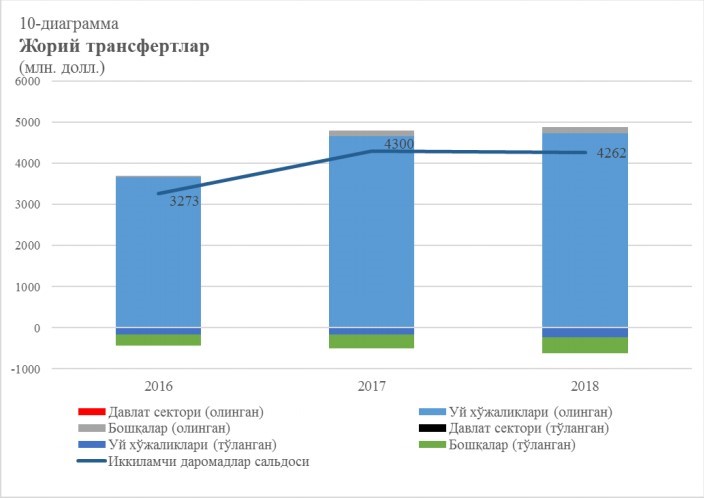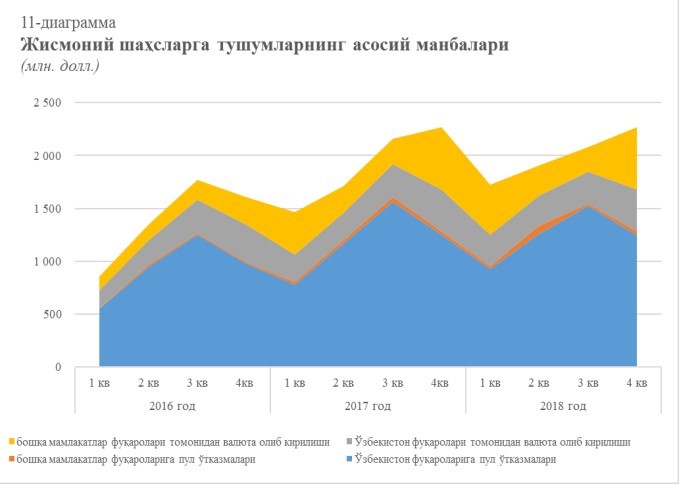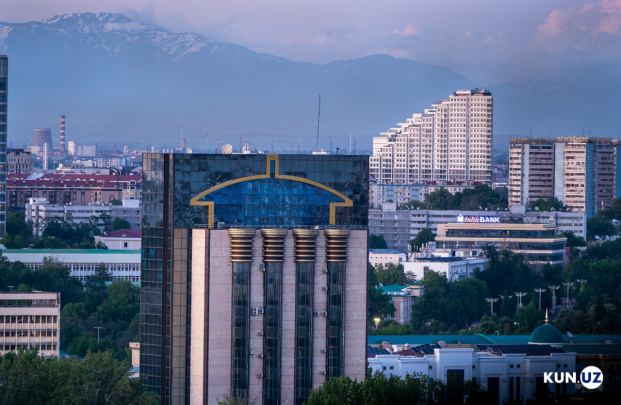Weakening of the Russian ruble affects income of Uzbek population

Photo: Depositphotos
In 2018, $5.1 billion was transferred to Uzbekistan from abroad, it follows from the report of the Central Bank. The volume of transfers has been growing for the third year in a row - in 2016, labor migrants sent $3.7 billion, in 2017 - $4.8 billion.
The money is sent mainly from Russia. According to the Central Bank, in 2018, $3.9 billion was sent from the RF. Kazakhstan occupied the second place, from where they sent $320 million.
According to the report, remittances from abroad are one of the main sources of income for Uzbeks, since the balance on the primary income account is estimated with a positive value of $1.5 billion due to an increase in the income of labor migrants.
It is noted that the main source of income is wages received by Uzbek citizens - short-term labor migrants working abroad in the amount of $2.9 billion.
The positive balance of secondary revenues amounted to $4.2 billion, unchanged significantly in relation to 2017:
“The stagnation of the growth of secondary income in 2018 is mainly due to external conditions in countries that accept long-term labor migrant flows,” the report says.
Remittances to Uzbeks from abroad are the basic and secondary income, the Central Bank said. At the same time, remittances to households come mainly through international money transfer systems:

Receipts of secondary income are also seasonal. Part of the remittances received by citizens of Uzbekistan are forwarded by their relatives, either permanently residing or living abroad:

The Central Bank notes that, in practice, remittances cannot only be used by labor migrants to send funds to their families, but also be carried out for the purpose of making settlements on foreign trade operations.
Therefore, the amount of remittances and the cash import of foreign currency by residents is reduced by the amount of shuttle exports. A similar procedure is applied for funds transferred abroad and cash export, as well as shuttle imports.
In general, a decrease in the growth of primary and secondary incomes relative to 2017 is partly due to weakening of the currencies of the countries from which Uzbekistan receives money transfers, the Central Bank said.
Related News

16:09 / 09.02.2026
Cashless transactions surge as bank card usage rises across Uzbekistan

12:01 / 09.02.2026
Uzbekistan’s international reserves hit record $75bn

20:00 / 05.02.2026
Central Bank rejects claims of cyberattacks on Uzbekistan’s financial system

12:19 / 02.02.2026




